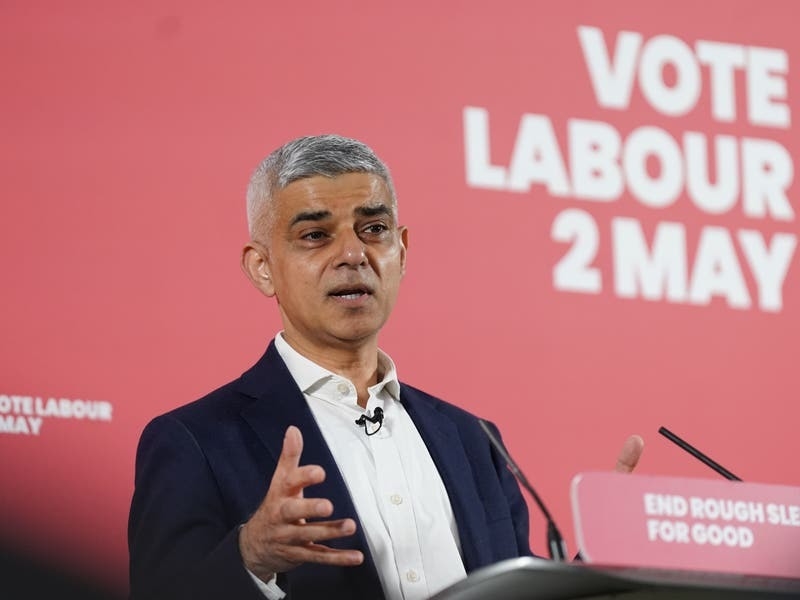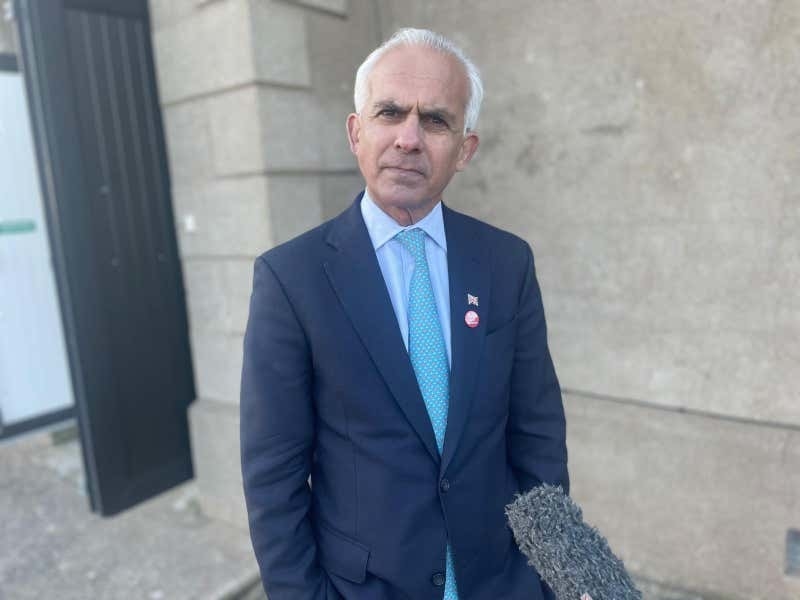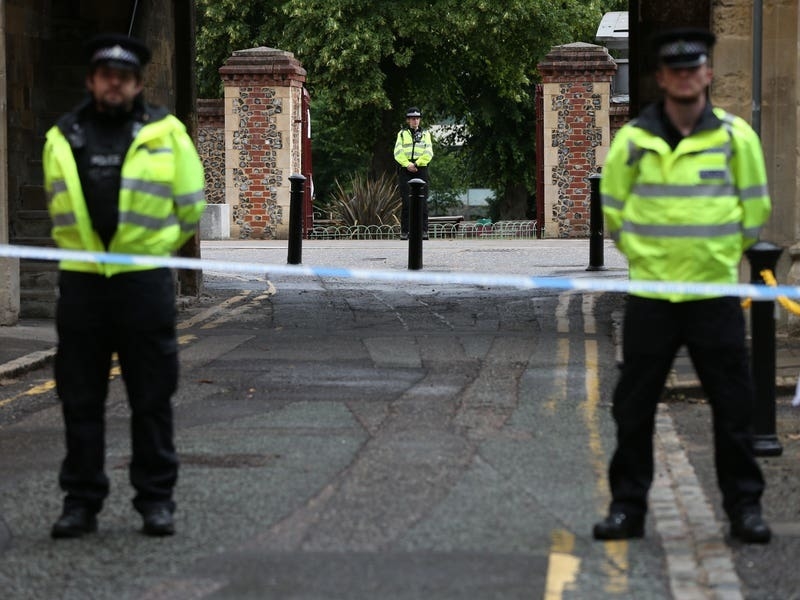A British technology tycoon facing extradition to the United States has lost an appeal bid.
Two judges finished considering Mike Lynch’s challenge at a High Court hearing in London earlier this year.
Lord Justice Lewis and Mr Justice Julian Knowles ruled against him on Friday.
They had heard how then-home secretary, Priti Patel, approved Mr Lynch’s extradition to the US, to answer criminal fraud charges, in January 2022.
A judge at Westminster Magistrates’ Court had ruled that Ms Patel could decide whether to order extradition.
Lawyers representing the US Government said Judge Snow made “correct” decisions.
Ms Patel’s decision to approve extradition came after Mr Lynch lost a multibillion-dollar fraud action, at the High Court in London, over the sale of his software company, Autonomy, to Hewlett Packard (HP) in 2011.
Mr Lynch, who has a PhD in signal processing – a form of electrical engineering, had been accused of deliberately overstating the value of his business before it was acquired by the American technology giant.
HP had sued Mr Lynch and Autonomy’s former chief financial officer, Sushovan Hussain, for about five billion US dollars (£3.7 billion), following its purchase of Autonomy, which had a base in Cambridge, England.
HP had acquired the company for 11.1 billion US dollars (£8.3 billion) more than a decade ago.
A High Court judge who oversaw that trial said HP had “substantially succeeded” in its various claims against the two men – but is likely to receive “substantially less” than the amount claimed in damages.
Ms Patel had wanted to consider Mr Justice Hildyard’s ruling on HP’s claim before making an extradition decision.
Mr Lynch has denied all charges against him.
They heard that there had been no decision on the amount of damages and said they did not know whether Mr Lynch was going to appeal.
Mr Lynch has signalled his intention to appeal against Mr Justice Hildyard’s ruling.
Lord Justice Lewis and Mr Justice Knowles said they had concluded that none of Mr Lynch’s grounds of appeal against Judge Snow’s extradition ruling were “arguable”.
“The applicant’s extradition has been sought… so that he can stand trial in California for fraud,” said the two judges, in a written ruling.
“The American prosecutors have described the case as ‘one of the largest frauds ever prosecuted by the United States Department of Justice’.
“The value of the alleged fraud runs into the billions of dollars.
“It is right to record at the outset that the applicant strongly denies all of the charges against him.”
They added: “These are to be understood as allegations only. They remain to be proved, should there be a trial.”
The two judges went on: “In summary, the applicant is accused of engaging in a conspiracy to provide dishonest financial and other information about Autonomy’s performance to the markets from 2009, and then to HP from about 2011 during the purchase negotiations, thereby dishonestly maintaining or inflating Autonomy’s share price, and hence, ultimately, the price which HP paid for it.
“The applicant owned a substantial number of Autonomy’s shares, and so the alleged fraud benefitted him personally.
“The applicant is also accused of attempting to obstruct justice in relation to the investigation into the alleged fraud, and of money laundering in relation to the money he personally received following HP’s acquisition.”
A spokesman for Mr Lynch said: “Dr Lynch is very disappointed, but is reviewing the judgment and will continue to explore his options to appeal, including to the European Court of Human Rights.”






